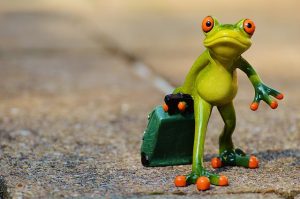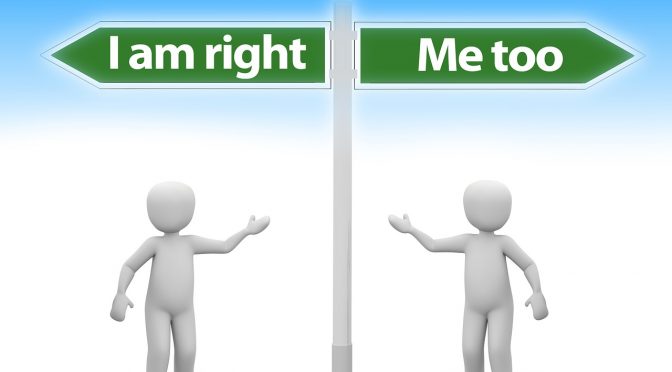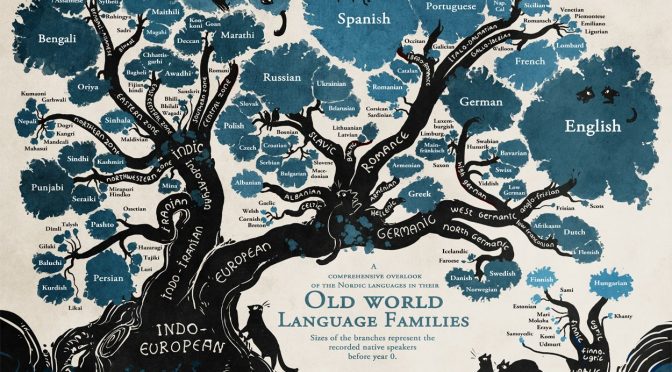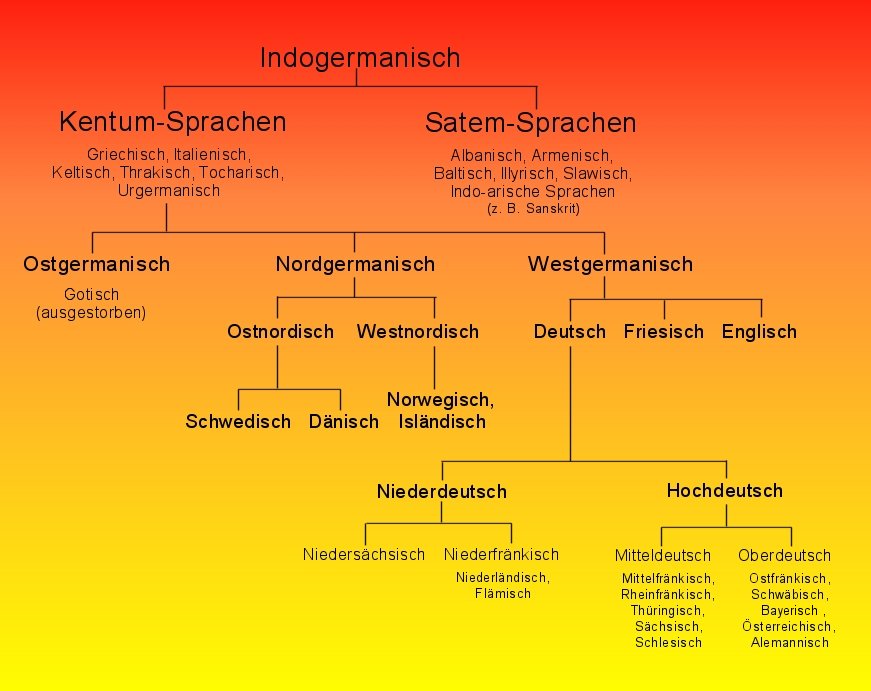Author: Jadranka Bokan

German is a difficult language, many would say. However, if you have a good motivation and prepare yourself properly for the learning process, you will benefit in every way.
Before you start learning German, you should know that you already know some German words without actually being aware of it. We thank that to the fact that German and English are similar in many ways because they originate from one and the same language.
There are the same or very similar words in English and German. The beginning of the journey called Learning German should start with these words.

Hobby, Flip-flops, Baby, Taxi, T-Shirt, Tourist, Computer, E-Mail and Sweatshirt are the words which sound exactly the same both in German and English. Maus (mouse), Haus (house) and Foto (photo) sound the same both in English and German, but we are writing them, as you can see, slightly differently. On the other hand, we write Park, Reporter, Zoo, Ring, Ball, Name, Radio, Hotel, fair, information and Bus exactly the same in German and English, but we are pronouncing them slightly differently.
Telefon (telephone), Delfin (dolphin), Lampe (lamp) and Krokodil (crocodile) are very similar, they just defer slightly in writing and pronunciation. trainieren (to train) and studieren (to study) are also very similar words, while the German word Handy has a completely different meaning from the same English word and means cell phone/mobile phone.
Check out these free dictionaries where you can hear pronunciation by clicking on the speakers icon.

Apart from the same words in German and English, there are other significant examples that English and German are similar. Just take a look at: Vater (father), Bruder (brother), Milch (milk), Freund (friend), Buch (book), Garten (garden).
Do you want to learn German with me?
The connection between German and English is maybe not so obvious in Apfel (apple), tanzen (dance), denken (think), hoffen (to hope), helfen (to help), Herz (heart), Käse (cheese), zehn (ten), besser (better), essen (to eat), Wasser (water), Tochter (daughter). If you wish, you can find out in which way these words in German and English are related and see many other examples with detailed explanations of similarities between German and English.
Continue your learning journey and check out these basic rules of German pronunciation.






